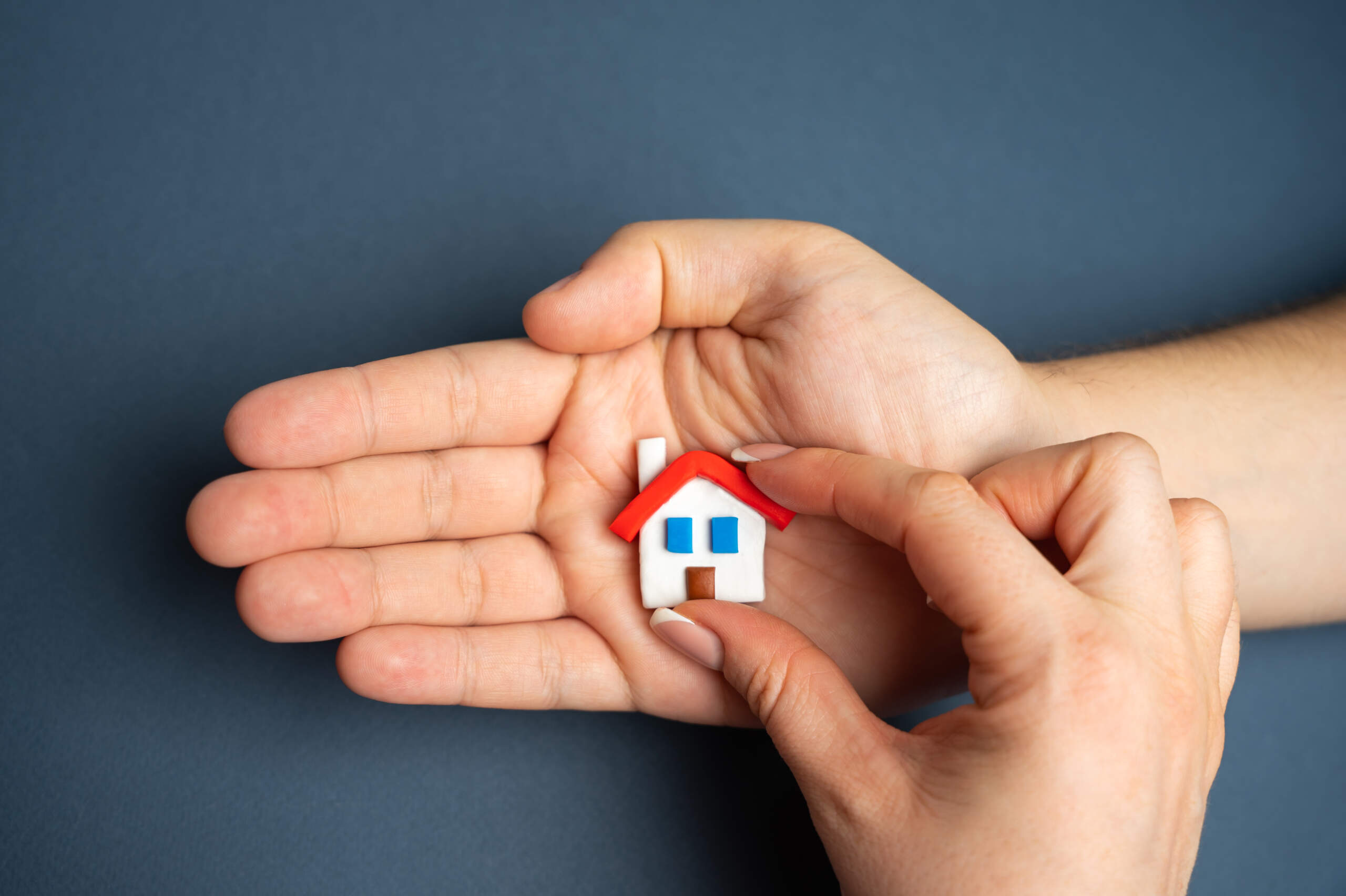As first-time house buyers navigating the complex process of purchasing your first home, you likely have many questions about topics that are unfamiliar to you. A great example is the topic of earnest money. At some point, your real estate agent may have mentioned earnest money, but perhaps they didn’t go into detail about the process. Now, you may be wondering, what exactly is earnest money and how much should I offer? Today, we’re going to shed some light on this matter and answer some commonly asked questions about earnest money.
Earnest Money: What Is It & Why Is It Important?
Earnest money is a deposit a home buyer puts down when making an offer on a house to show they are serious about purchasing the property. It’s essentially a good faith deposit.
For first-time house buyers who may not be familiar, when you decide you want to make an offer on a home, your real estate agent will draw up a purchase agreement. This document includes the price you’re offering and any contingencies that must occur before the sale is binding. Along with signing this purchase offer, it is customary to include a payment of about 1-5% of the purchase price as earnest money that is given to a third-party escrow company to hold.
This earnest money deposit shows the seller that you are serious about following through with buying the home. If your offer is accepted, that money will then go toward your down payment and closing costs at the time you close on the house. If for some reason the deal falls through, in most cases you would lose out on the earnest money. The money is given to the seller to compensate them for taking the home off the market during the transaction process.
So in short, it’s a fraction of the total cost used to demonstrate good faith that the buyer has the means and intentions to finalize the purchase if the seller accepts the offer.
How Much Earnest Money Should I Offer?
In most housing markets, a customary earnest money deposit is between 1-3% of the home purchase price. A few general guidelines:
- For lower-priced homes under $200k, 1% of the purchase price is typical ($2,000 on a $200,000 home).
- For more expensive or competitive markets, you may want to offer between 2-3% of the purchase price. Some agents may recommend even more to make your bid stronger.
- As a suggestion, you may want to start on the lower side and offer about 1-2% to save some money upfront, unless your real estate agent advises you to offer more.
Getting Advice from Your Real Estate Agent
An experienced local real estate professional will have insight into how much earnest money is appropriate to offer. They’ll be able to tell you more specific information based on the area in which you’re buying and your price range. A higher earnest money deposit shows the seller you are serious and financially capable, which can be helpful if you’re bidding against other buyers. Your agent will be able to guide you through the process of providing an earnest money check or transferring the funds after your offer has been accepted.
Check Back for More First Time House Buyers Advice
At Mortgage Solutions Financial, we love working with first-time house buyers! Check back soon for more tips and advice or call our office to speak to a mortgage expert.





